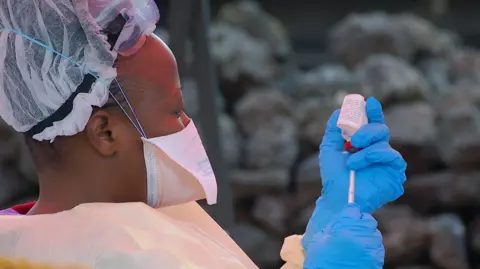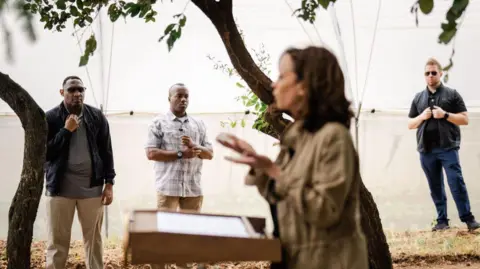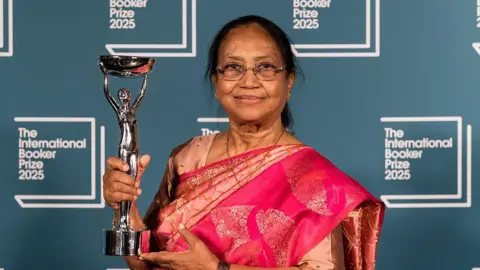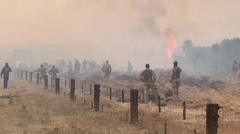A BBC Hindi investigation reveals that Indian officials quietly paid compensation to the families of more people than they admit died in a deadly crowd crush at the Kumbh Mela, a Hindu festival which is the world's largest religious gathering. The official death toll stands at 37, yet the BBC found 26 additional cases where families received partial cash compensation, along with 18 more deaths where no payment was issued at all.
On March 25, a team of plain-clothed police officers from Uttar Pradesh (UP) arrived in Bihar with cash compensation for victims’ families. In Gopalganj, they handed over 500,000 rupees ($5,758; £4,291) to the son of 62-year-old Tara Devi, who was killed during the crush in Prayagraj on January 29. The UP government claims to have dispersed 2.5 million rupees to families of 35 official victims. However, BBC's findings suggest discrepancies, including additional payments to some families in homes and evidence of multiple crush incidents.
Moreover, families were reported to have been asked to sign documents that blamed health issues rather than the crowd crush for the deaths, thus allowing the UP government to avoid compensation responsibility for natural deaths during the Kumbh, which is traditionally held every 12 years.
The BBC's investigative team met over 100 families across 11 states, verifying 82 deaths, collecting proof through post-mortems, death certificates, and eyewitness accounts. Through these efforts, four significant crush locations were identified, revealing that the situation was far more complex than what was reported.
While some families have received compensation, others—including those of five victims from the same location—received nothing. Families reported similar trauma, having to sit with deceased relatives for hours post-crush before assistance arrived.
Despite the presence of extensive security and medical personnel, people recounted a lack of immediate aid. The investigation highlights a somber reality: amidst the overwhelming crowd of over 600 million, many victims and their families continue to struggle for acknowledgment and support.
As the situation develops, the BBC further seeks answers from the UP government officials amidst their efforts to clarify the matter. The tragic event underscores the necessity for thorough accountability and transparent reporting in such large-scale gatherings.




















